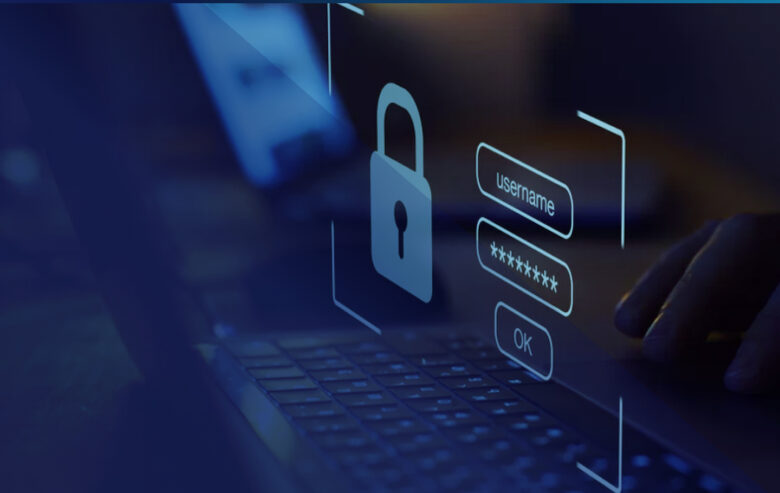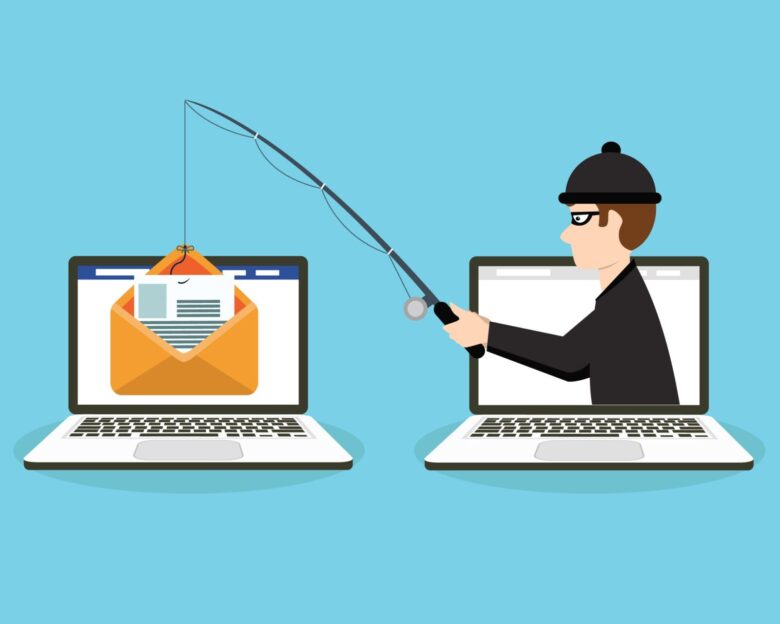Shopping online is convenient and offers a world of choices, but it’s crucial to be aware of the risks. Online fraud is a real concern, and it’s important to know how to protect yourself. This guide aims to equip you with the knowledge to shop safely. We’ll explore various strategies to avoid scams and keep your personal information secure. Remember, being cautious online can save you from a lot of trouble.
Know Your Seller
It’s essential to know who you’re buying from when shopping online. Researching and verifying online sellers can save you from scams. Look for seller reviews, ratings, and any customer feedback. Check if the seller has a physical address or customer service contact details. If the seller is new or has little to no presence online, proceed with caution. Buying from established, reputable websites is always safer. If a deal seems too good to be true, it probably is. Trust your instincts and do your homework before making a purchase.
Secure Websites

Source: easydmarc.com
Shopping on secure websites is non-negotiable when it comes to fraud and abuse prevention. Always look for “https://” in the web address. The ‘s’ stands for secure, indicating that the website encrypts your data, making it harder for hackers to access. The padlock icon near the website address is another good sign. Avoid entering personal or financial information on websites that don’t have these security indicators. Even if the website looks legitimate, lacking these features is a red flag. Remember, your data’s security is as important as the quality of your purchase.
Strong Passwords
Strong, unique passwords are your first defense against online fraud. Create passwords that are a mix of letters, numbers, and symbols. Avoid using easily guessable passwords like birthdays or simple sequences. Don’t use the same password across different sites. If one account gets compromised, others remain safe. Regularly updating your passwords can also enhance your security. It might seem like a hassle, but it’s a small effort for significant protection.
Two-Factor Authentication
Two-factor authentication adds an extra layer of security. It typically requires a password and a second verification, like a code sent to your phone. This method ensures that even if someone gets your password, they can’t access your account without the second code. Most online platforms offer this feature, and it’s wise to enable it wherever possible. It’s an easy step that significantly boosts the security of your online accounts.
Avoid Public Wi-Fi
Public Wi-Fi is convenient but risky for online shopping. These networks are often unsecured, making it easy for hackers to intercept your data. Avoid accessing sensitive information or making purchases when connected to public Wi-Fi. If you must use public Wi-Fi, consider using a Virtual Private Network (VPN). A VPN encrypts your data, offering a layer of protection even on unsecured networks. Remember, the convenience of public Wi-Fi isn’t worth the risk to your personal and financial information.
Phishing Awareness

Source: cyber.nj.gov
Phishing is a common tactic used by scammers. They send emails or messages that look like they’re from legitimate companies, asking for your personal information. Be wary of emails that urge immediate action or offer too-good-to-be-true deals. Check the sender’s email address for any oddities. If in doubt, contact the company directly through their official website or customer service. Never click on links or download attachments from suspicious emails. Being aware and cautious can save you from falling victim to these scams.
Email Scams
Email scams are tricky and can seem very real. Scammers might pose as a bank, a well-known retailer, or even a friend in need. They often create a sense of urgency to trick you into giving away personal information or money. Always verify the authenticity of such emails. Look for generic greetings, poor grammar, and requests for sensitive information as red flags. If an email asks for personal details or money, it’s likely a scam. Trust your instincts and verify before taking any action.
Payment Methods
Different online payment methods offer varying levels of security. Credit cards generally provide better protection against fraud compared to debit cards. Some payment services, like PayPal, offer additional security features and dispute resolution services. Avoid direct bank transfers or sending cash, as these methods offer little to no protection. Choose payment methods that have strong security measures and customer protection policies. It’s also wise to use one dedicated credit card for online shopping. This way, you can easily track transactions and spot any fraudulent activity.
Check Reviews
Before making a purchase, read product and seller reviews. Reviews can give you an idea of the product’s quality and the seller’s reliability. Look for consistent patterns in reviews. If many customers report the same issue, it’s likely true. Be cautious of products or sellers with no reviews or only glowing reviews, as these can be fake. Taking a few minutes to read reviews can save you from disappointment and potential scams.
Monitor Your Statements

Source: bankrate.com
Regularly checking your credit card and bank statements is crucial. Look for any unauthorized or suspicious transactions. If you spot something unusual, report it immediately to your bank or credit card company. Early detection of fraud can prevent further damage. Make it a habit to review your statements monthly. This practice not only helps in spotting fraud but also keeps you informed about your spending habits.
Reporting Fraud
If you suspect you’ve been a victim of online fraud, report it. Contact your bank or credit card company first. Then, report the incident to the relevant authorities. This could be consumer protection agencies or cybercrime units. Reporting fraud helps in possibly recovering your losses and prevents others from being scammed. Keep records of all communications related to the fraud, as they can be useful in investigations.
Conclusion
Staying vigilant while shopping online is key. Use secure websites, and strong passwords, and be cautious of scams. Regularly monitor your accounts and report any suspicious activity. By following these tips, you can enjoy the convenience of online shopping while keeping your information safe. Remember, your security online is in your hands.
